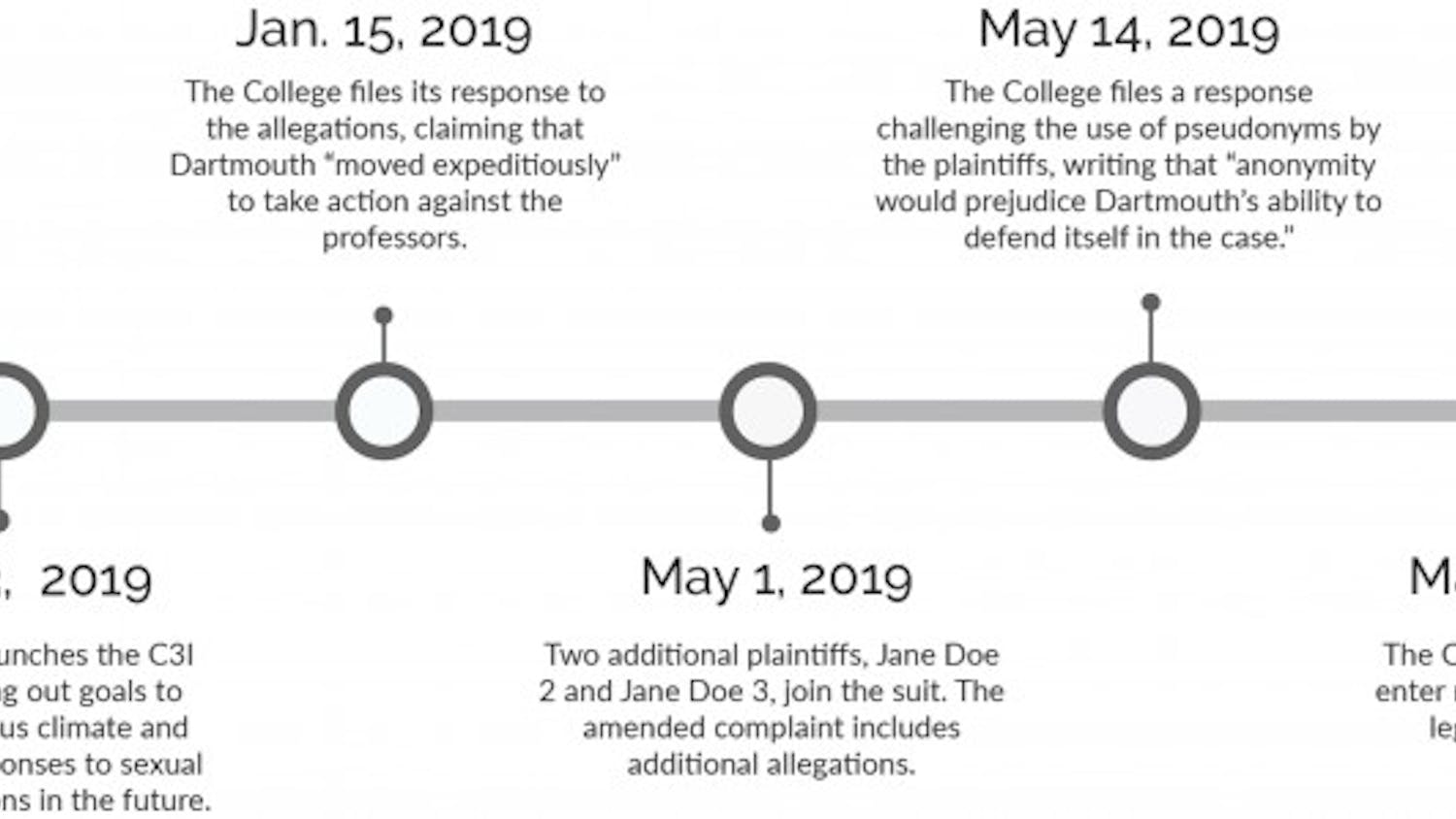Last year, celebrities, politicians and many of my friends took to social media to spread the hashtag “#BelieveWomen.” Prompted by decades of not taking sexual assault against women seriously enough, the hashtag was used to promote the idea that women who shared allegations against men could expect to be believed. The campaign to “believe women” told survivors that even if their case wouldn’t win in court, they would be believed in the court of public opinion. Recently, many of the same people who were outspoken about the need to believe women have changed their tune now that believing women comes with unfavorable political consequences.
This March, Tara Reade told the media that she had been sexually assaulted by presumptive Democratic presidential nominee Joe Biden when she worked in his Senate office as an aide in 1993. But by many of the Democrats who were most vociferous about the need to believe women previously, Reade has not been believed.
Sen. Kirsten Gillibrand ’88 (D-NY) was once rather liberal in her definition of sexual assault. In the case of former senator Al Franken (D-MN), she said that “the women who came forward felt it was sexual harassment. So it was.” But now, with the success of the presumptive Democratic nominee for president at risk, she has said, “Vice President Biden has vehemently denied these allegations, and I support Vice President Biden.” She decided not to assume the side of the accuser when it wasn’t in her political interest.
When Christine Blasey Ford raised allegations against Justice Brett Kavanaugh during Kavanaugh’s nomination to the Supreme Court, House Speaker Nancy Pelosi (D-CA) criticized Republicans for the harmful message they sent to women by not believing Blasey Ford’s claims: “Republicans sent an unmistakable message … if you come forward to share an experience of sexual assault, you will not be believed.” But now, she says she has “the highest regard for Joe Biden.” Her “highest regard” for Joe Biden, perhaps mixed with her desire for him to win the presidency, seems to preclude her from believing women who accuse him of assault.
We cannot employ pithy phrases like “believe women” if we don’t intend to stand by them, or if they change meaning depending on the political context. Tara Reade may have thought, when she shared her story, that she would be believed by all those who had used the hashtag. But she wasn’t. It seems Reade didn’t make the cut.
In an April 5 New York Times column, Gail Collins wrote that in terms of sexual assault in the workplace, “The world had been used to ignoring that kind of bad male behavior. So it was critical to make women feel that if they spoke up, they’d be believed. Period.” Perhaps the only thing worse than continuing to “ignore that kind of bad male behavior” is to promise women that they will be safe, respected, listened to and believed if they come forward, and then to change our minds once they have taken the personal risk of speaking out. Women like Reade were coaxed to speak out and reassured that they would be believed if they did. But as we have seen, when listening isn’t politically opportune, many politicians prefer not to. Real women and the crimes that they have allegedly suffered are now not just ignored but used as political pawns.
Perhaps setting a precedent that we should always believe women was never a terribly good idea. People lie, and it should take more than an accusation to ruin a person’s reputation, life and career. The court of public opinion would do well to implement some degree of due process. But even if “believe women” was not a good standard, it was still the standard that many people promised to uphold just months ago. Changing the standard we use to evaluate sexual crimes to conform with political tides is confusing, invalidating and will likely only scare more women out of sharing their stories. It reveals that believing women was never a real priority if it didn’t align with political interests. We need to choose a standard, and we need to stick with it, even if it leads to conclusions we would rather not have to face.
Women deserve more than subjective standards that can be co-opted to support political agendas. Whether it’s believe women, believe women with corroborating evidence or listen fairly without taking sides, in order to gain women’s confidence, we need to prove that we will treat all accusations fairly, not just when doing so is politically convenient.



